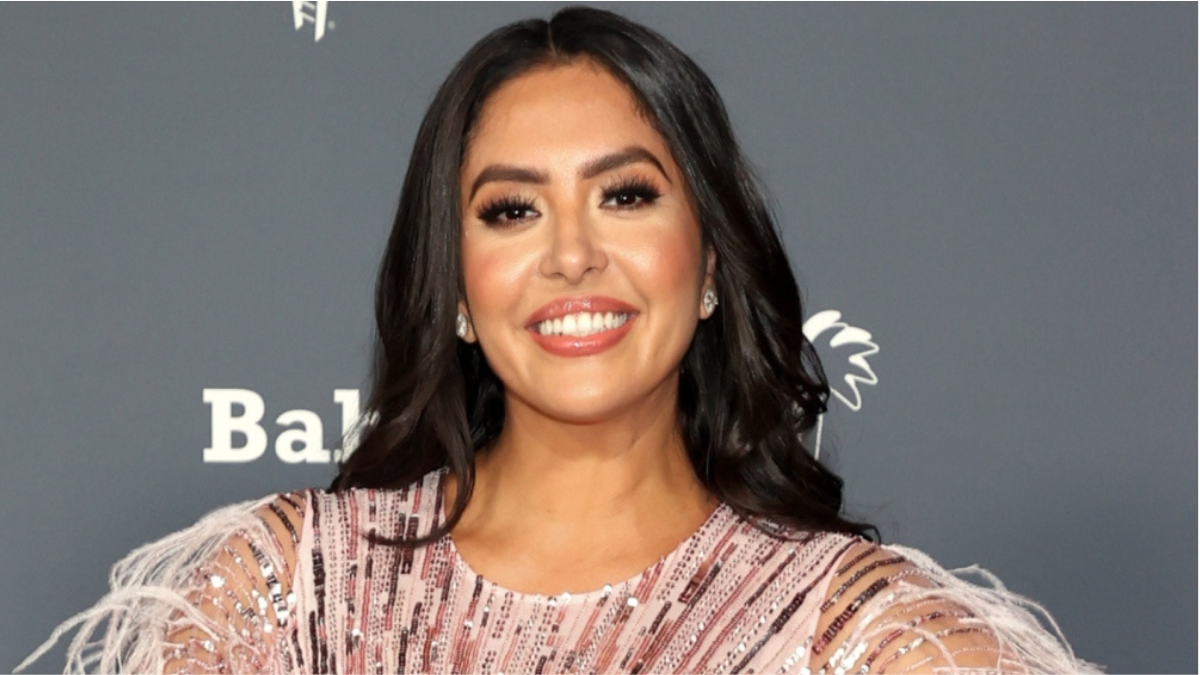Vanessa Bryant, the widow of basketball legend Kobe Bryant, has won her lawsuit against the sports drink business BodyArmor. The court case centered on the unauthorized use of her late husband’s name and likeness in promotional materials.
Vanessa Bryant claimed in the lawsuit that BodyArmor had illegally utilized Kobe Bryant’s image and identity to advertise their products, even after his untimely death in January 2020. She claimed that the illegal use of his likeness violated both his right to privacy and her own as his surviving husband.
Vanessa Bryant’s claims were found to be valid, and the court recognized the importance of protecting the rights of public figures and their families. As a result, BodyArmor will be held liable for their unlawful use of Kobe Bryant’s image and likeness, and Vanessa Bryant will be compensated for her losses.
The lawsuit reminds us of the ongoing legal disputes over intellectual property rights and the improper commercial use of prominent people. It emphasizes the importance of gaining proper consent and authorization when utilizing people’s names, photos, or likenesses, particularly in endorsement and promotional efforts.
ALSO READ: Kim Kardashian Recalls Insane Experience When She Testified at Age 14 in Boyfriend’s Murdered Mother’s Case
Vanessa Bryant’s victory in this action not only protects her late husband’s legacy, but it also establishes a precedent for similar rights to be protected for other notable individuals and their families. It sends a clear message that unlawful commercial exploitation of a person’s identity will not be permitted and may result in legal ramifications.
The conclusion of this case also underlines the necessity of honoring persons’ and their families’ wishes and rights even after their death. It acts as a reminder to businesses and marketers to use prudence and ethical standards when using prominent personalities’ image and reputation for commercial gain.
Vanessa Bryant’s victorious case against BodyArmor is a watershed moment in the ongoing fight to preserve public people’ rights and legacies. It underscores the legal restrictions around the use of celebrity identities and emphasizes the importance of engaging with individuals’ and their families’ intellectual property in a responsible and respectful manner.














